

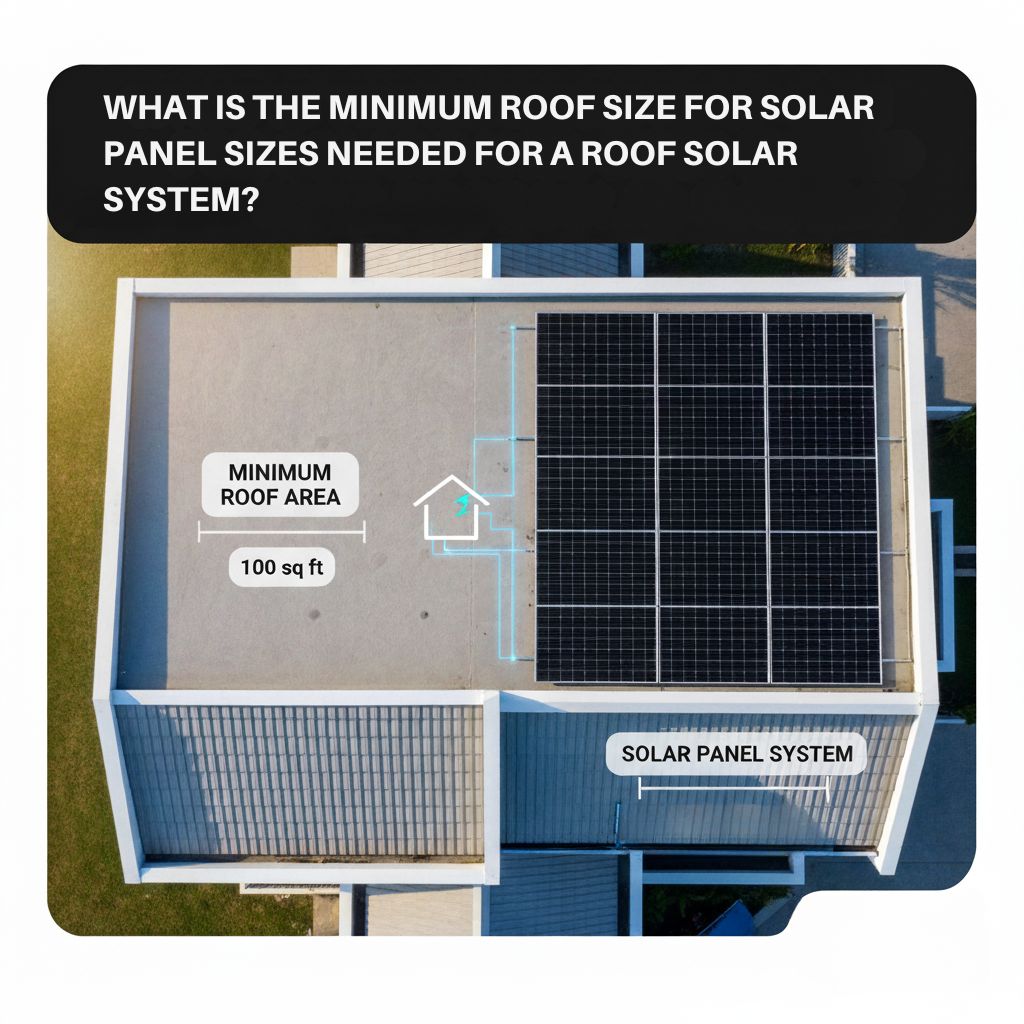

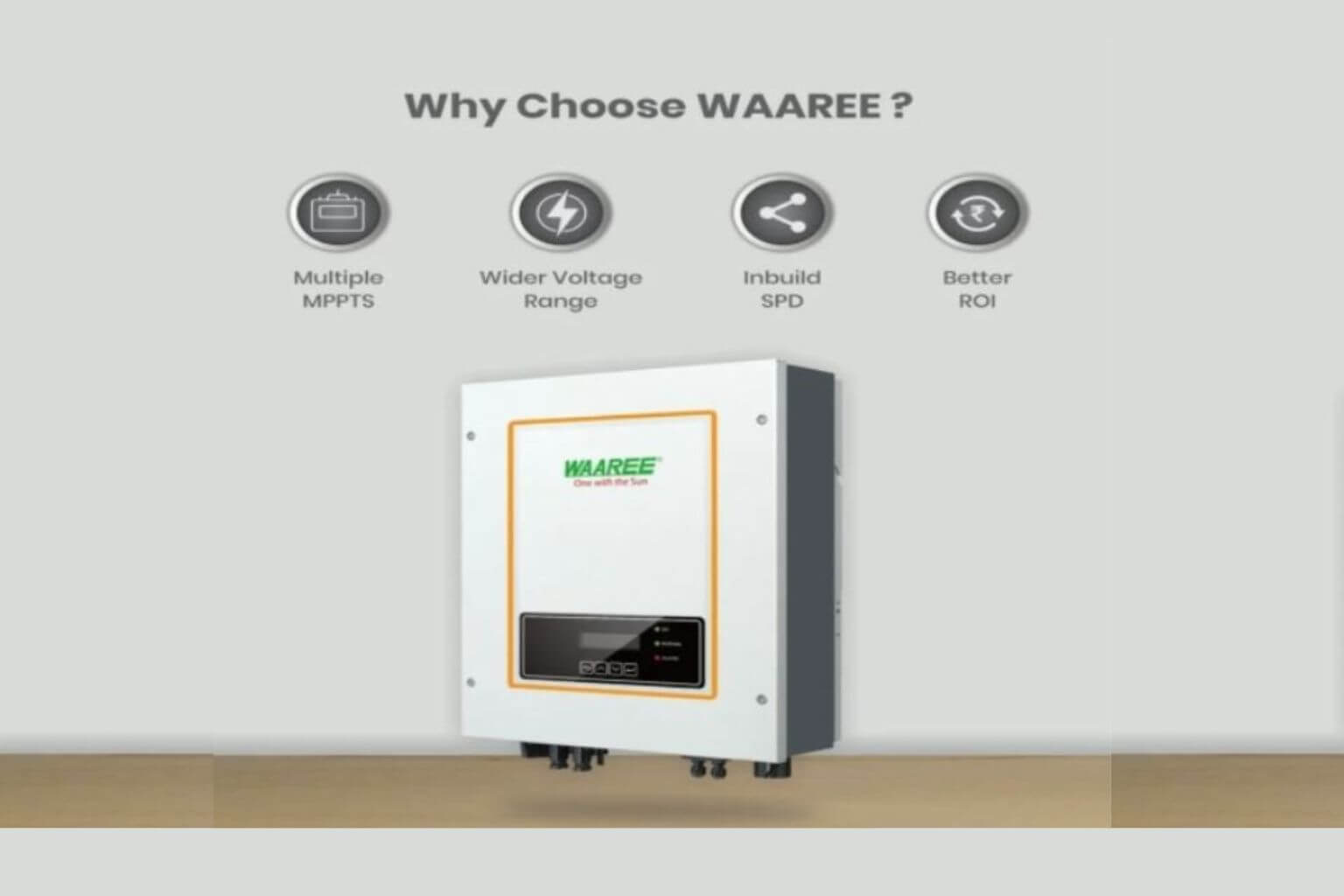
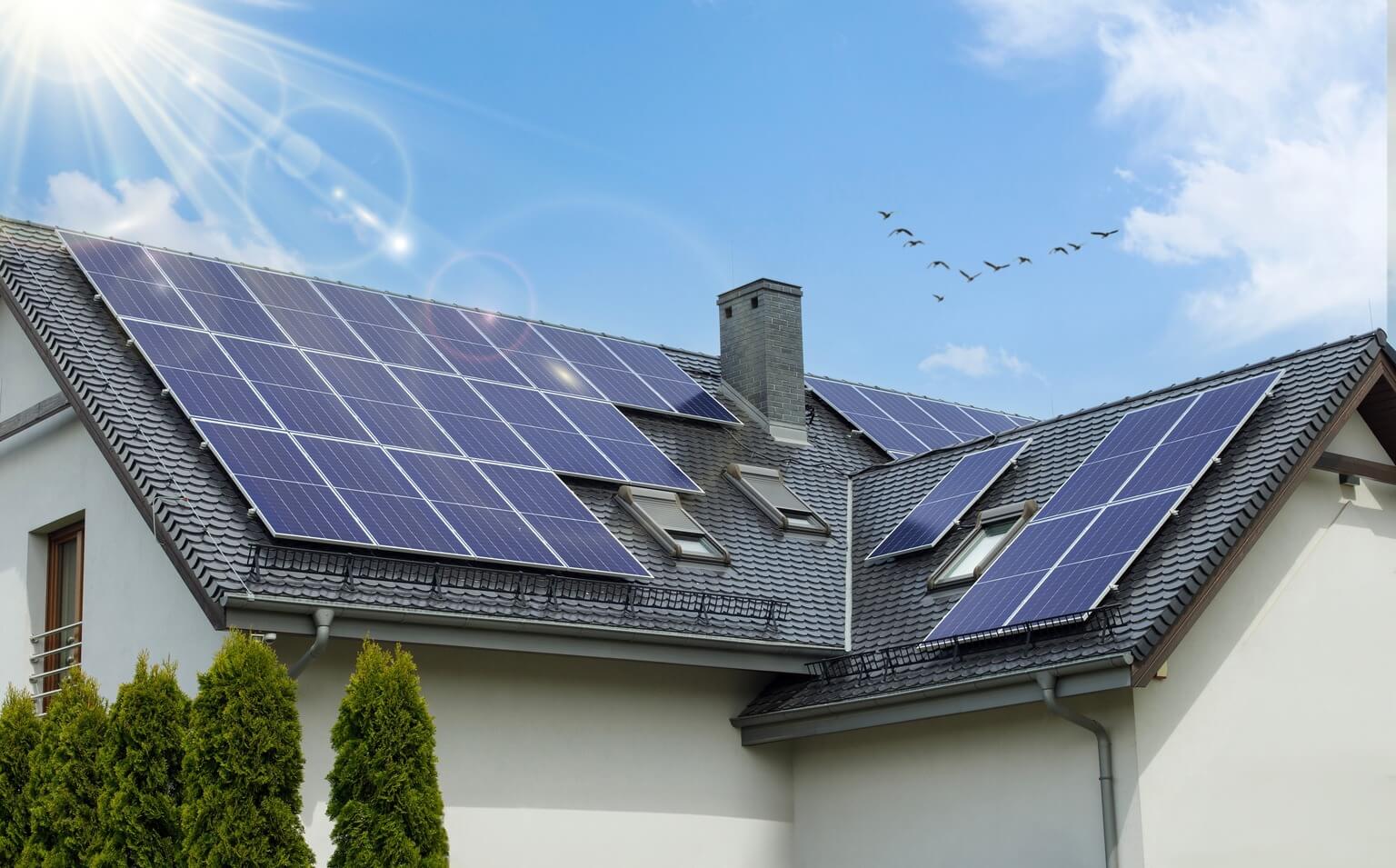

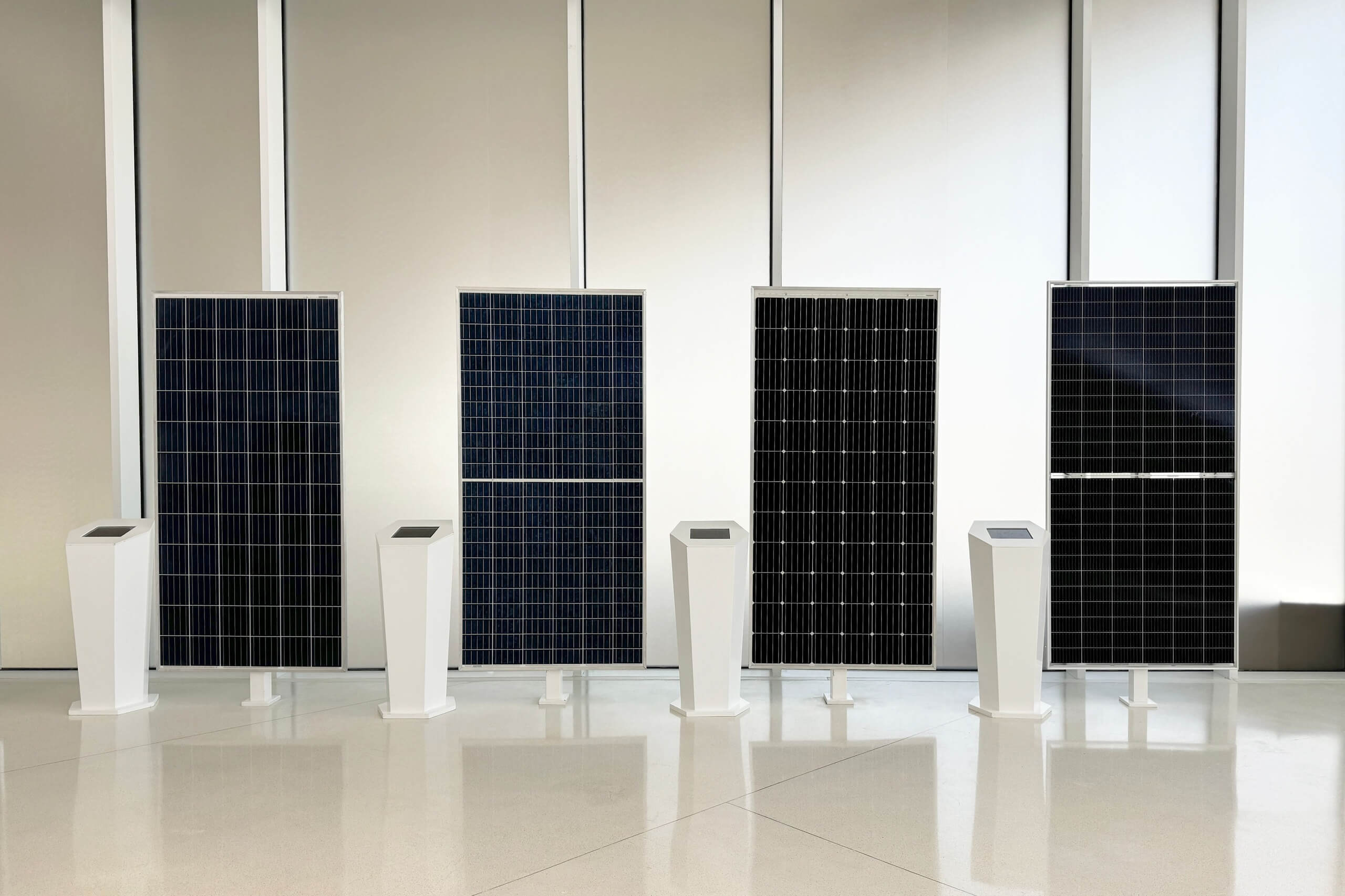
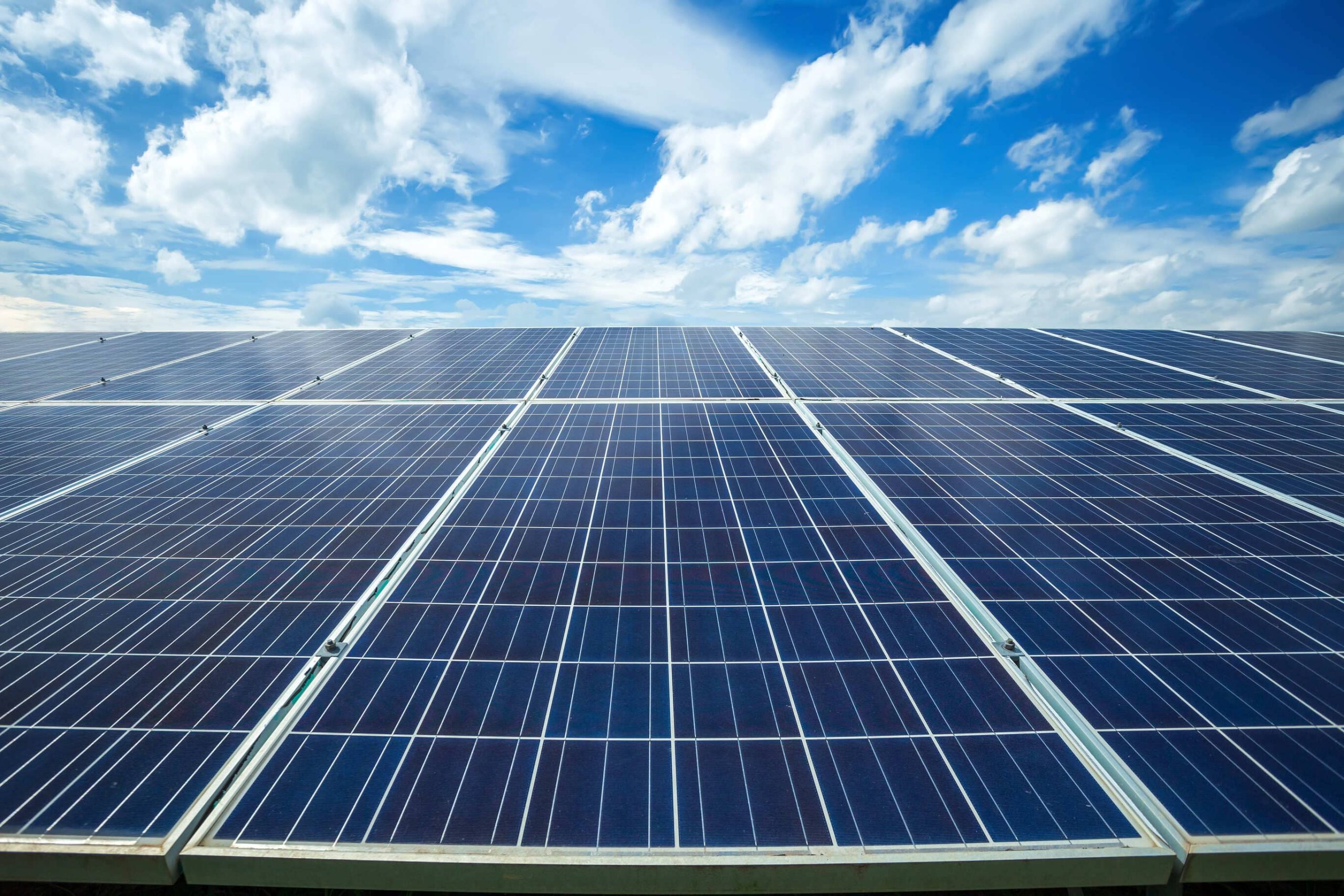

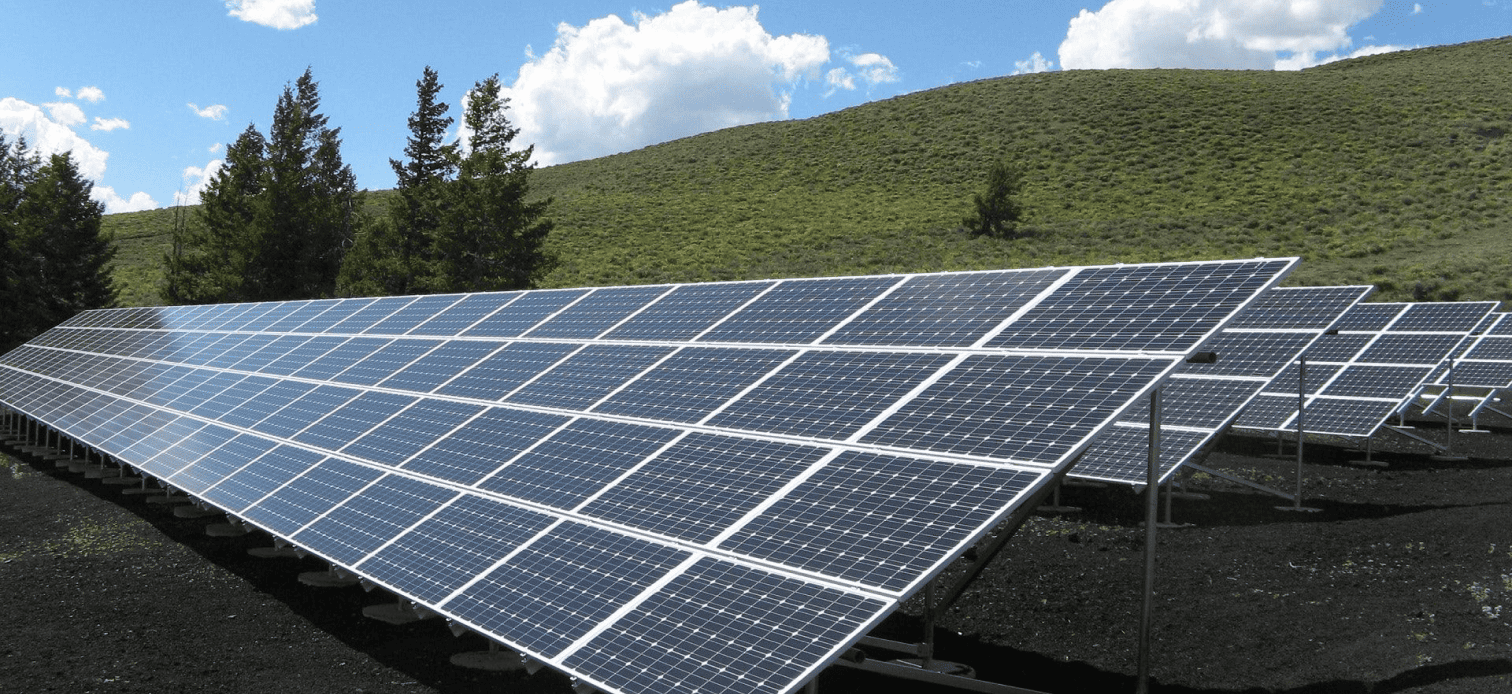




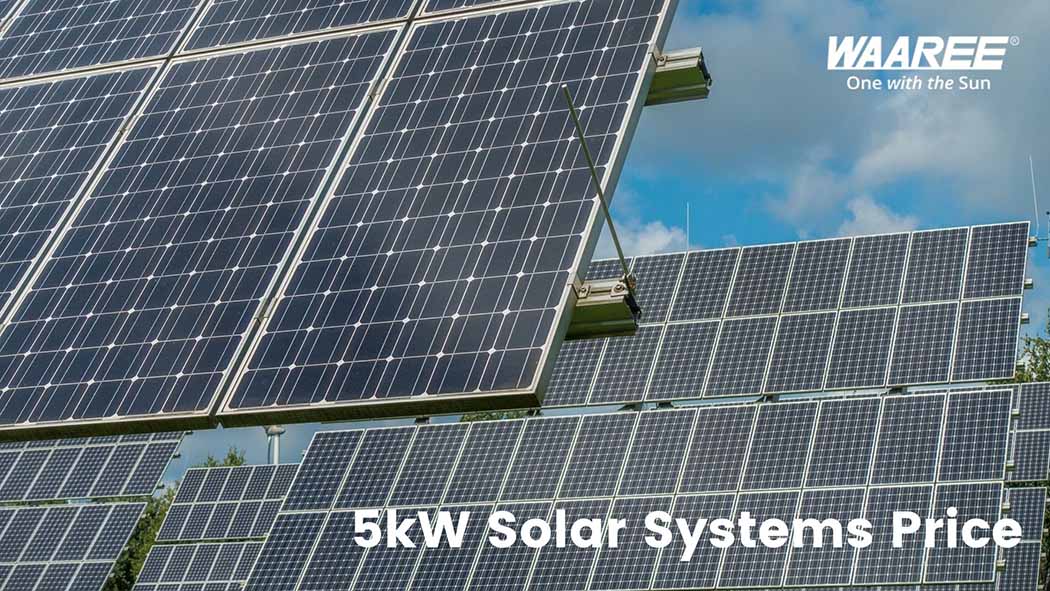



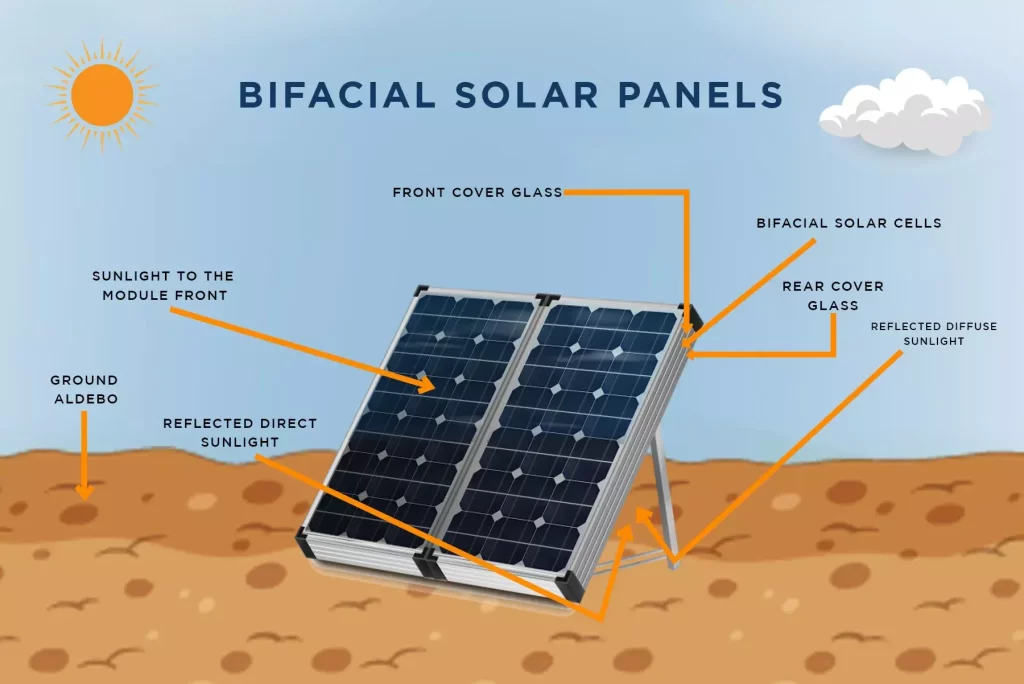
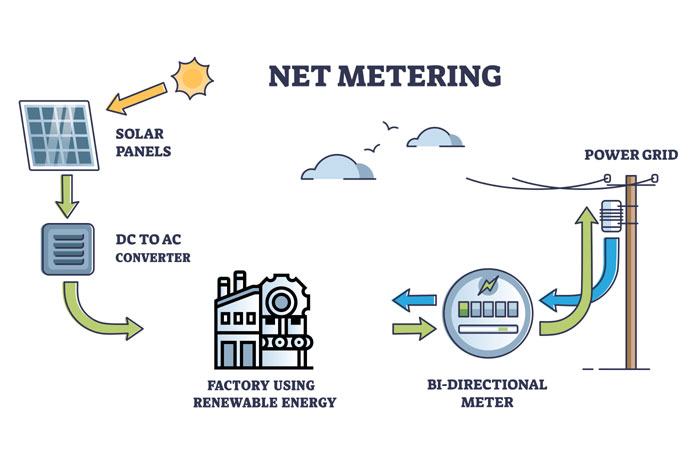
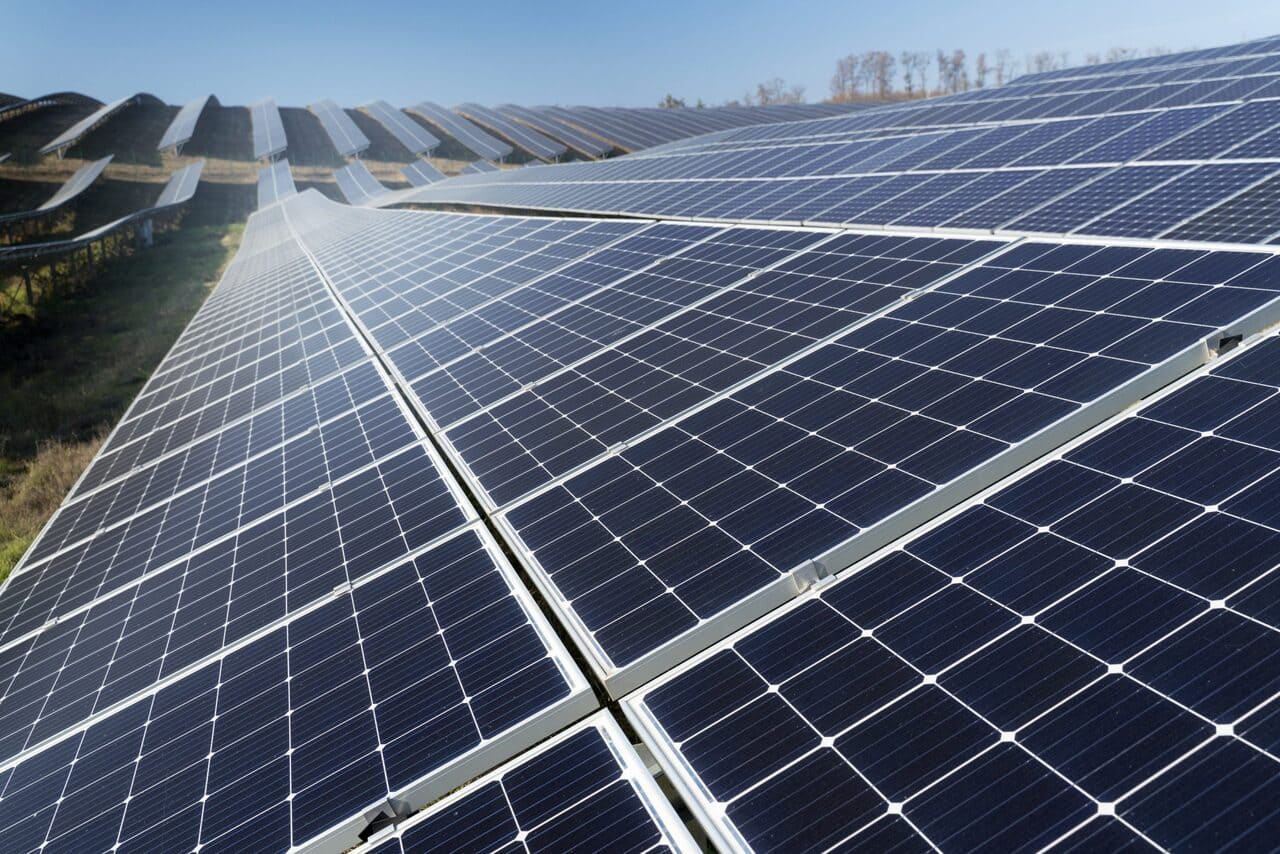
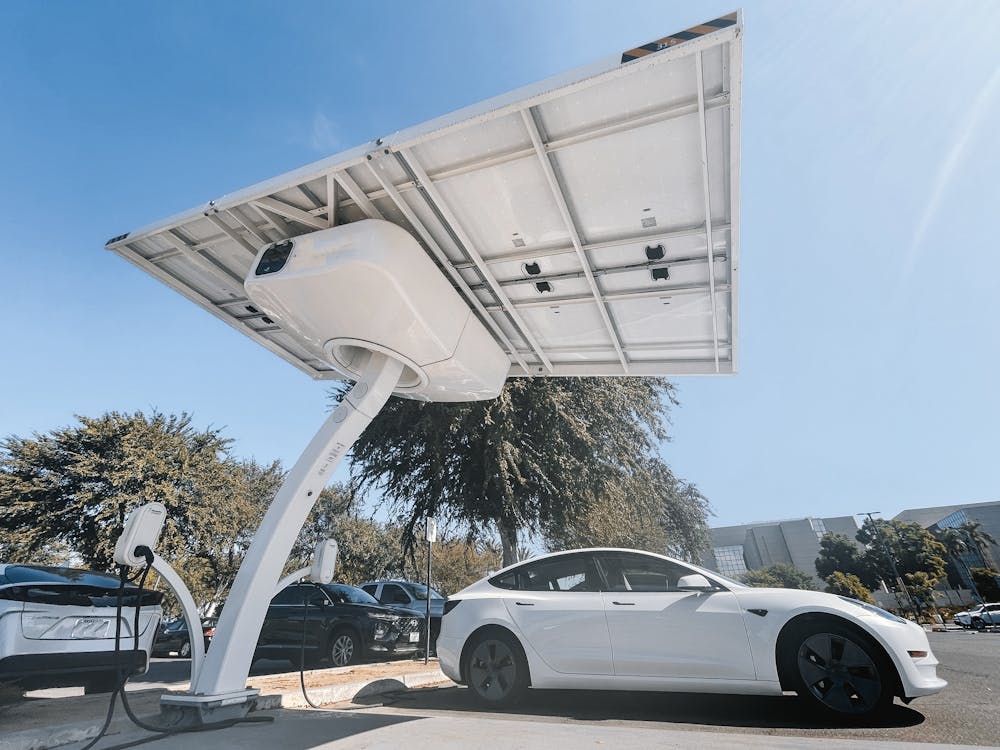



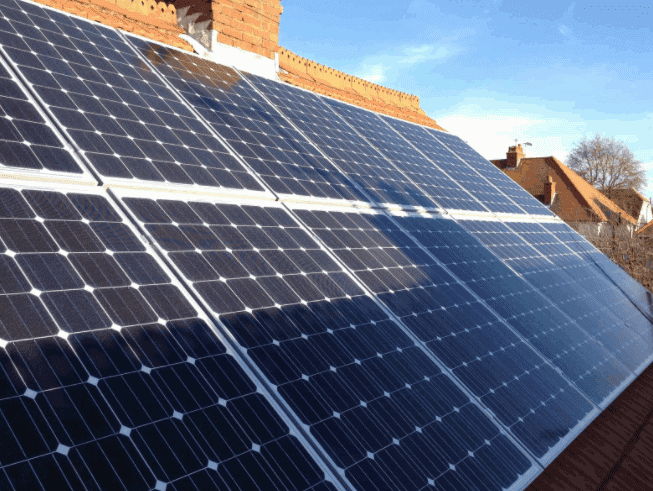





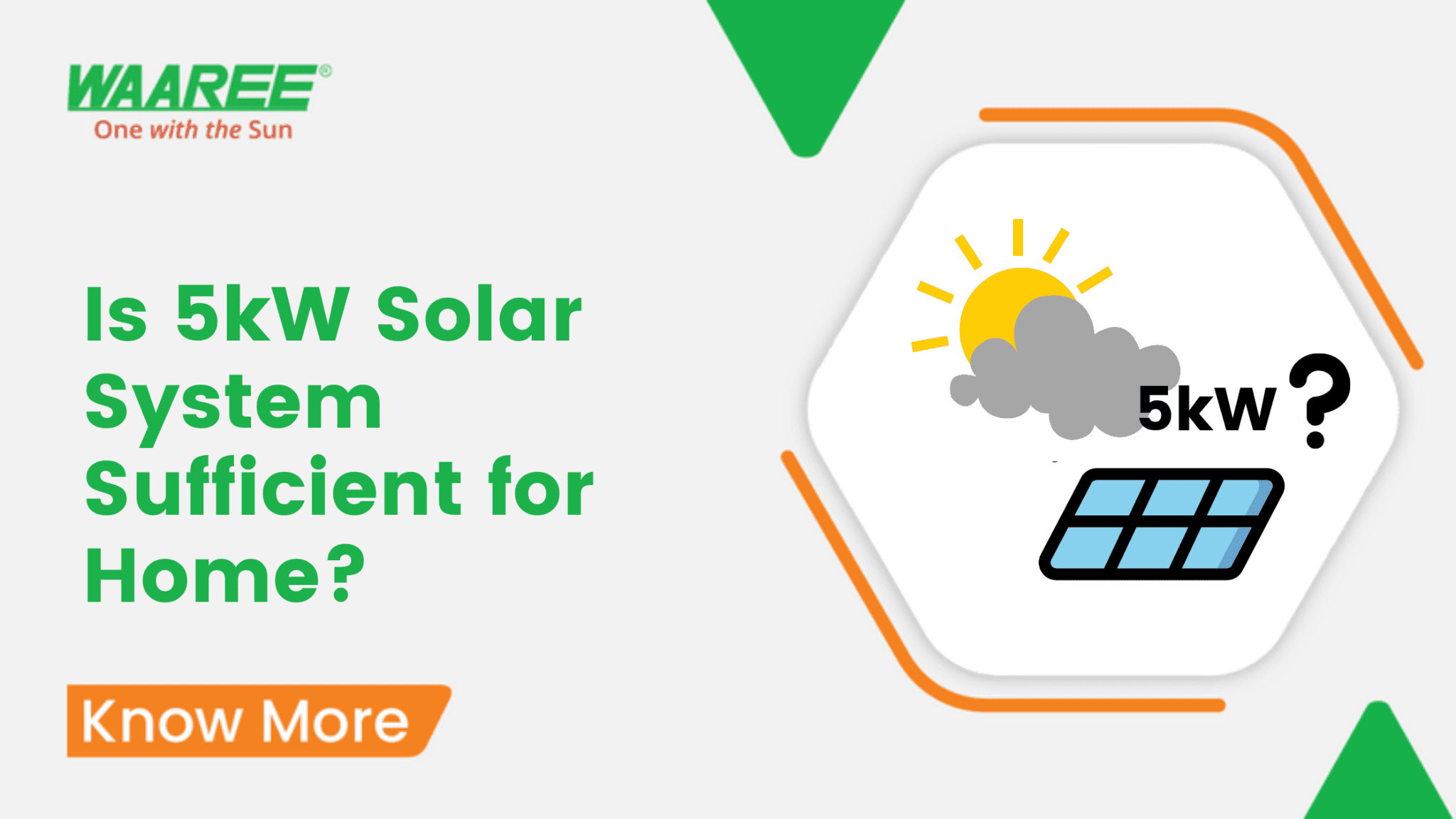


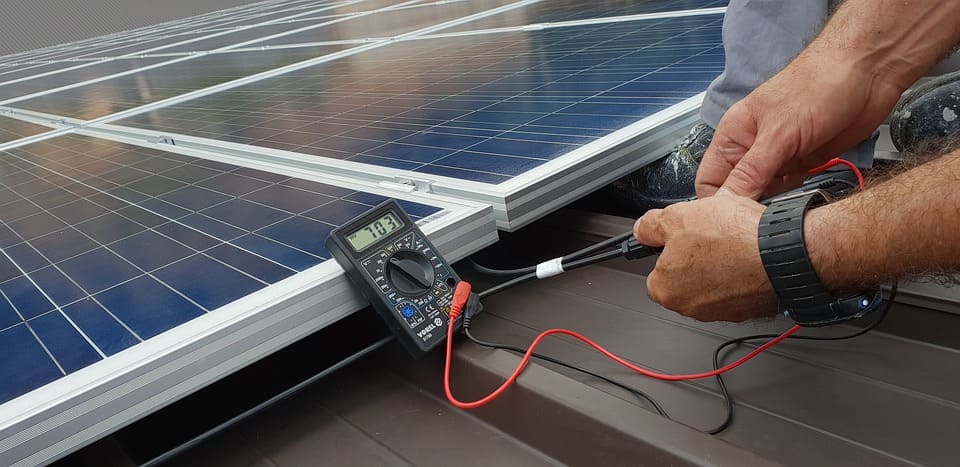

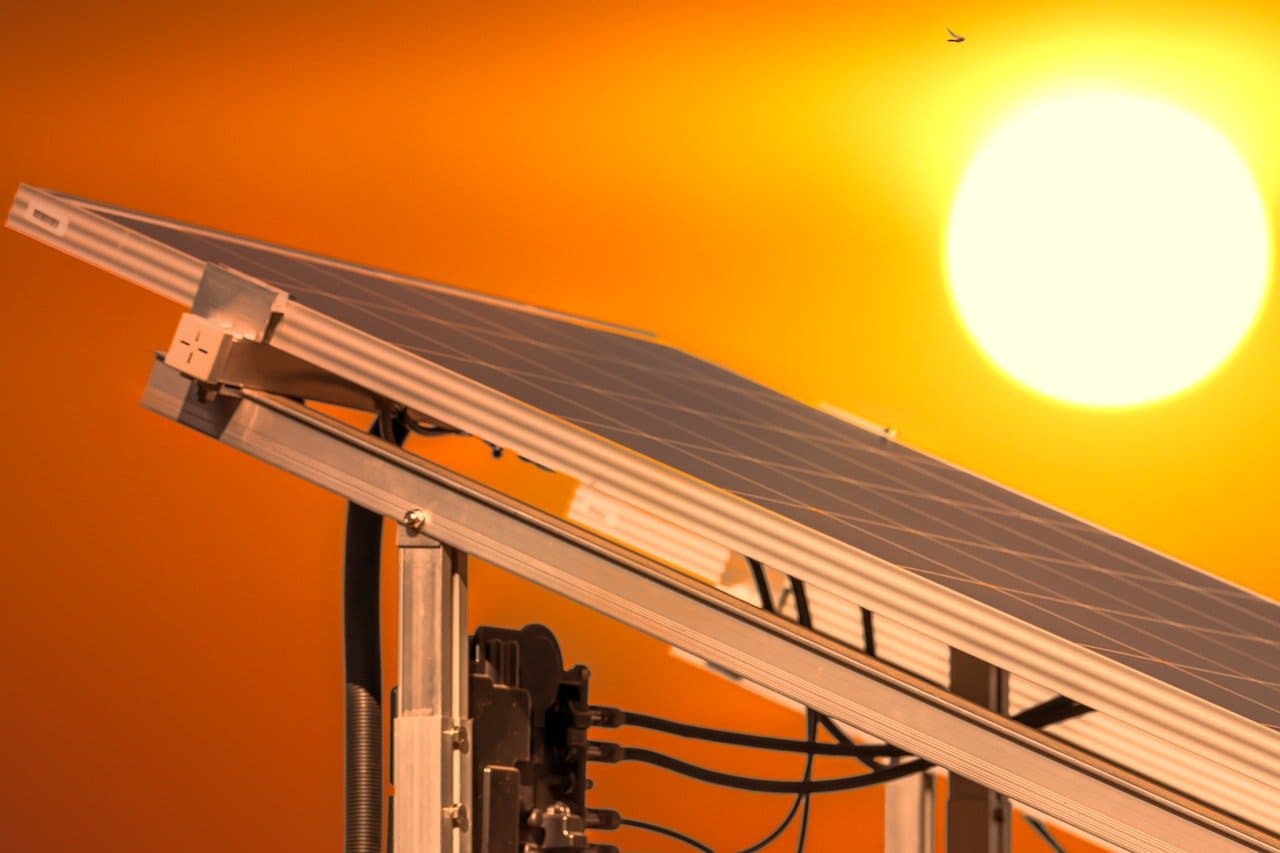


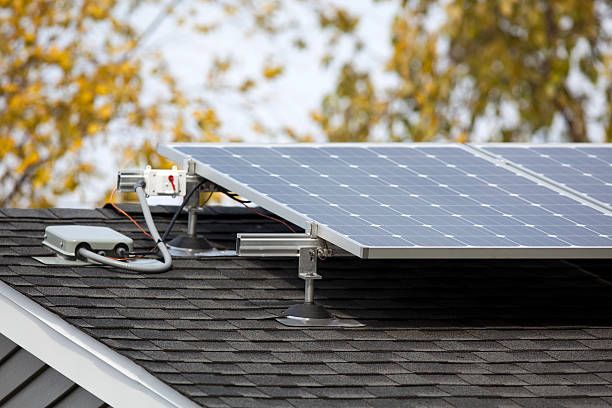
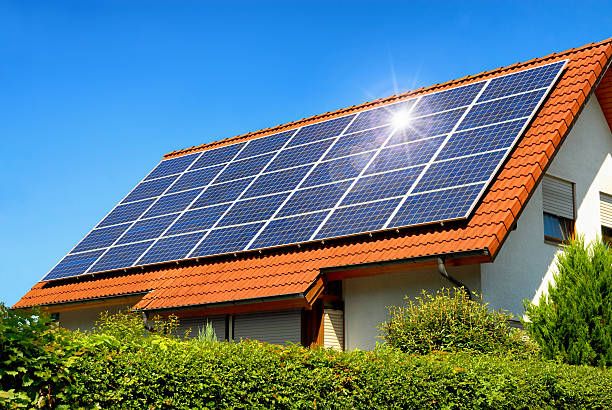
3 mins
As the world increasingly embraces sustainable energy solutions, the solar energy industry continues to grow at an impressive pace. With governments and businesses investing in green alternatives, solar panels have become a go-to energy source for residential, commercial, and industrial applications.
If you’re considering entering this market, a solar panel business franchise is a smart way to start with lower risk and higher support. This blog will guide you through how to get a franchise in the solar panel business.
Entering the solar energy market independently demands significant investment in infrastructure, expertise, and brand development. A franchise model offers a more efficient route, leveraging the strength of an established brand and proven systems.
Franchise partners benefit from:
Waaree Energies, India’s leading solar PV manufacturer, offers a robust franchise program through its Waaree Solar Shoppe initiative. With a presence in over 68 countries and a strong domestic footprint, Waaree provides franchisees with:
If you’re looking to diversify into clean energy with a trusted partner, consider joining Waaree’s growing franchise network.
Franchisors provide training on solar products, system design, installation, safety protocols, CRM tools, and customer engagement to ensure consistent service quality and brand alignment.
A solar panel franchise offers a strategic opportunity to engage in the global transition toward clean energy, delivering both environmental impact and long-term financial returns.
For corporate leaders, business owners, and institutional investors, the solar sector represents a high-growth, future-oriented industry aligned with ESG goals and national sustainability mandates.
Whether the objective is diversification, expansion into a technically advanced sector, or alignment with green investment principles, solar energy presents a compelling business case with measurable economic and societal value.
Leave a Reply
You must be logged in to post a comment.